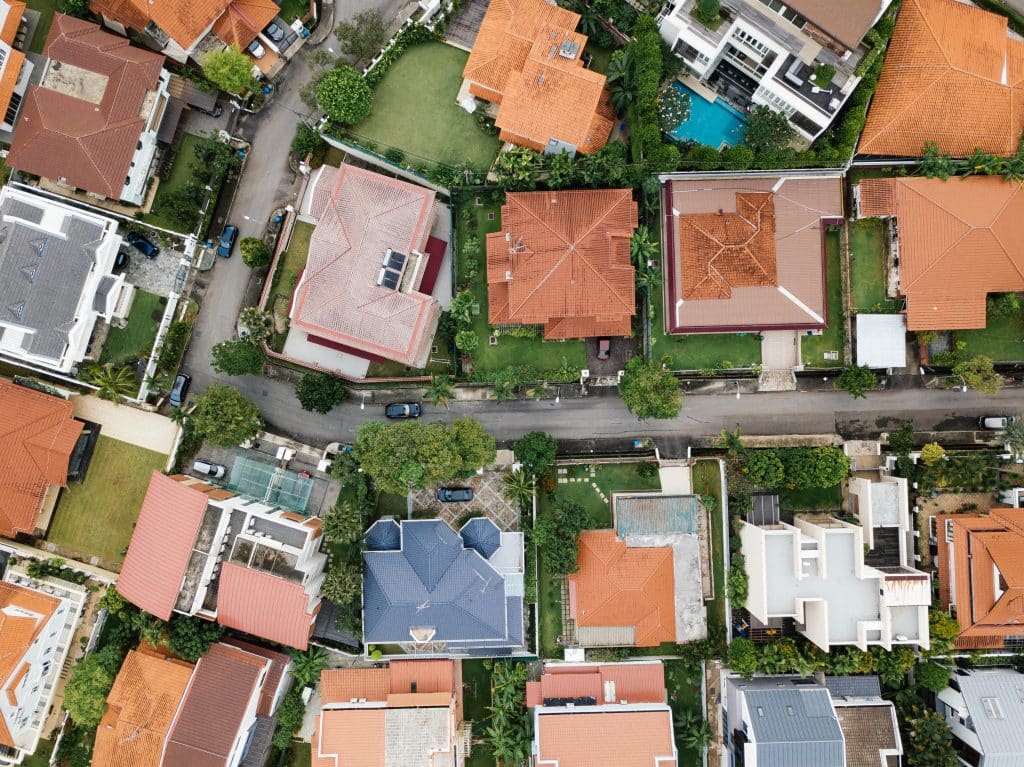Australia’s Housing Market at High Risk of Mortgage Defaults, IMF Warns

The International Monetary Fund (IMF) has warned that Australia’s housing market is at high risk of mortgage defaults as the world faces a potential global economic downturn. According to an article by Business Reporter Kate Ainsworth and Gareth Hutchens, Australia’s housing market risk is the second-highest among developed economies, surpassed only by Canada. The risk indicators used by the IMF highlight the vulnerability of Australian households with mortgages due to elevated household debt levels, rising interest rates, and soaring house prices.
The IMF stated that “economies with high levels of household debt and a large share of debt issued at floating rates are more exposed to higher mortgage payments, with a greater risk of experiencing a wave of defaults.” Furthermore, the organization added that “economies with elevated house prices and high levels of household debt issued at floating rates are particularly vulnerable to any ensuing financial sector stress.”
In a separate article by Ben Abott, Digital Finance Analytics principal Martin North warned borrowers and brokers to expect ongoing higher rates, increased mortgage stress, and continued house price falls. North predicts that mortgage stress will continue to rise as households face higher costs of living and increased mortgage expenses. With the likelihood of interest rates remaining above 3% for the next year or two, income growth will lag behind rising costs, exacerbating stress.
Despite some economists arguing that the recent declines in Australia’s property prices may have ended and the local housing market could rebound, Marcel Thieliant from Capital Economics remains skeptical. Thieliant said he was not convinced that recent data was proof of a sustained rebound in prices and expected they would continue to decline. He added, “Affordability is set to become the most stretched since the early 1990s, and if the unemployment rate rises as rapidly as we anticipate, house prices will almost certainly start to fall again.”
In light of the current economic conditions, the IMF has downgraded its outlook for global economic growth in 2023 to 2.8%, marking the lowest medium-term global outlook for growth in over 30 years. Australia’s economy is also expected to slow significantly, with the IMF predicting local economic growth of just 1.6% in 2023 and 1.7% in 2024.
Treasurer Jim Chalmers acknowledged the impact of the global economic downturn on Australia, stating, “We’ve got some advantages, we’re optimistic about the future, but we need to be realistic about these global conditions and what it means for us.” Chalmers added that while a recession is not currently expected, the economy will slow considerably in the coming months, which will factor into the upcoming federal budget.
As the economic landscape remains uncertain, borrowers and brokers should brace for higher rates, increased mortgage stress, and potentially further declines in house prices.
References:
Ben, A. (2023). No rate relief in sight for mortgage holders. Australian Broker. https://www.brokernews.com.au/news/breaking-news/no-rate-relief-in-sight-for-mortgage-holders-282309.aspx
Kate, A. Gareth, H. (2023). IMF warns Australian housing market at high risk of mortgage defaults ahead of global economic downturn. https://www.abc.net.au/news/2023-04-12/imf-global-economic-outlook-downturn-australia-housing-market/102211826






Responses